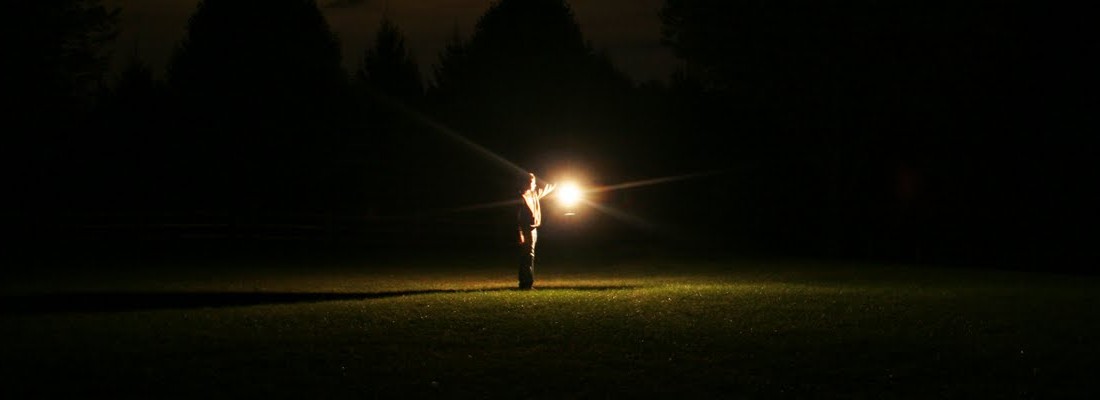
A reflection on Genesis 6:1-9 and Psalm 16.
In Psalm 16 we read: “The boundary lines have fallen for me in pleasant places; surely I have a delightful inheritance.”
Genesis 6 reports a blurring of boundary lines initially drawn at creation. In the beginning God drew a line between light and darkness, day and night, heaven and earth, land and waters, man and animal, male and female, only to have them progressively obscured by our sin. Like the later story of the tower of Babel, Adam climbs into heaven to push God off his throne; he wants God’s authority. The lines between heaven and earth are violated. Then in Noah’s time the heavenly beings want to blur the created boundaries between them and the daughters of men, and as a result the heavens fall—the waters of the firmament cross their boundaries and wash over the earth. Later the men of Sodom and Gomorrah reciprocate; they want to have sex with the angelic men who visit Lot. Lot, whose daughters incestuously blur family boundaries by sleeping with their father. This kind of thing happens over and over again in Genesis. Recall Ham violating Noah, or Judah sleeping with his daughter-in-law, Tamar.
Holding to boundaries is an obvious theme in the rest of Scripture too. Take the Exodus story. The Lord leads Israel out of the boundaries of Egypt so that they can inherit the borders of a new land, Canaan, where each tribe inherits its own “lot” of land. The trouble, of course, is that over and over again Israel complains about the sacrifices needed to step into that inheritance. They want those boundaries, but they want them on their own terms otherwise they don’t want them at all. They want the promised land, but they want the meat-pots of Egypt. But you cannot serve two masters. Either you respect the boundary between Israel and Egypt or you don’t. To try to be a dual citizen is to erase the boundary; it erases the very distinction between the promise and the opposite of the promise. Either the sons of God are thankful for the territory they’ve been given in the heavens, or they covet a land not their own and fall to the earth.
And make no mistake, it is unthankfulness that causes such a fall, and this fall leads to death, punishment for the Israelites, and prison for the fallen angels as Jude later says. It is a choice between life and death. For, the boundaries of Eden, of Israel, and of heaven are boundaries that preserve life.
This is why after the Psalm refers to the inheritance of boundaries it prophesies the Resurrection: “Therefore my heart is glad and my tongue rejoices; my body also will rest secure, because you will not abandon me to the grave, nor will you let your Holy One see decay.” The boundary of your body is your skin, and at the resurrection we will inherit that boundary again un-decayed.
I want to be clear that I am not spiritualizing this passage. This all has to do with life. When the boundary between heaven and earth was violated, humanity was enslaved to demons, and water and fire fell from the sky. The geographical boundary drawn in the Old Testament between Jew and Gentile was for the sake of life too, for freedom from slavery. So too, every sexual boundary, specifying who can and cannot be slept with, kept the family in tact and future generations secured. Can we blur the boundary and become one with angels, with the same sex, with our fathers, uncles, in-laws? No. These all in their own way disintegrate life affirming boundaries that literally keep the skin on our bones, and put skin on the bones of the next generation. It’s no coincidence that Israel’s violation of their God given boundaries is spoken of in terms of sexual immorality. Through fornication with Gentiles they were led to worship idols, to commit adultery on God, and to become enslaved by fallen angels. As a result their land, their children, and their lives were taken from them.
Let us take their failure as the warning it was meant to be, and let us receive God’s boundaries – his life-giving law, the law upheld by Jesus – with thankfulness as a heavenly inheritance, without grumbling. For, his yoke is easy and his burden is light. And the boundaries of his and our inheritance are the borders of Life itself.
